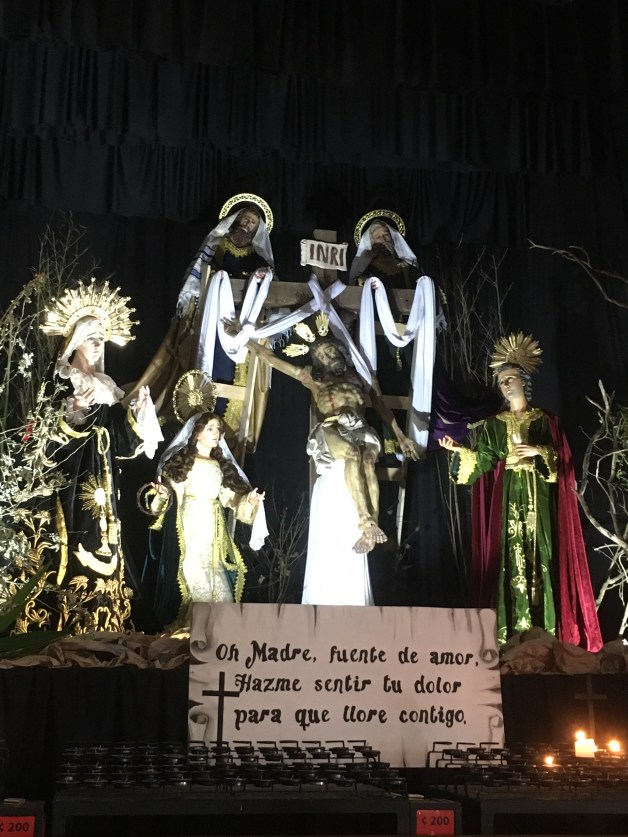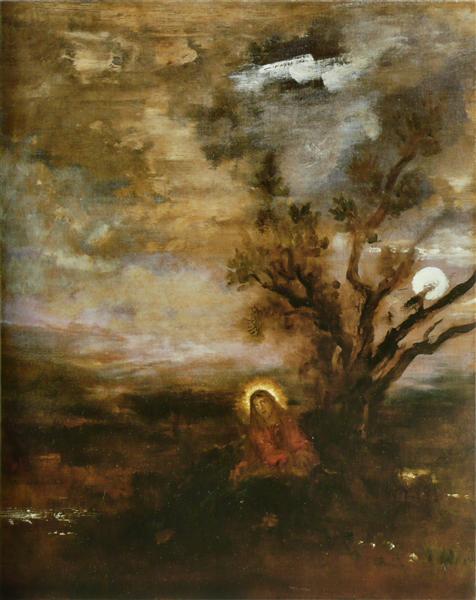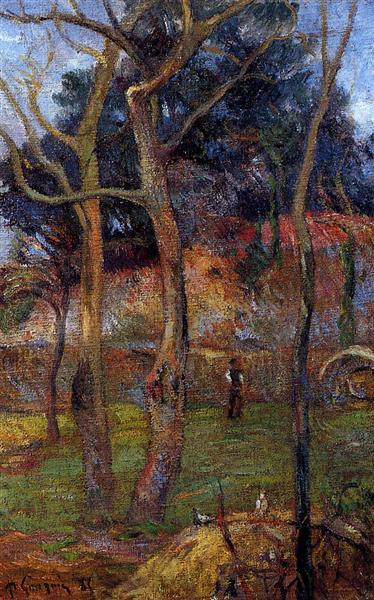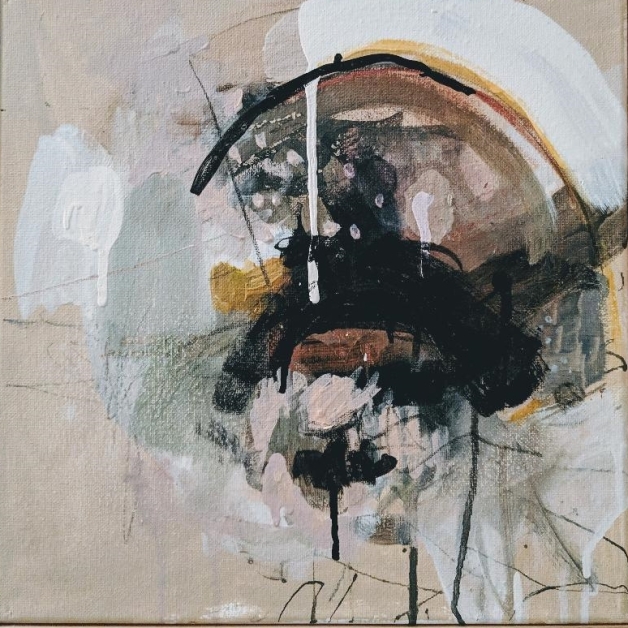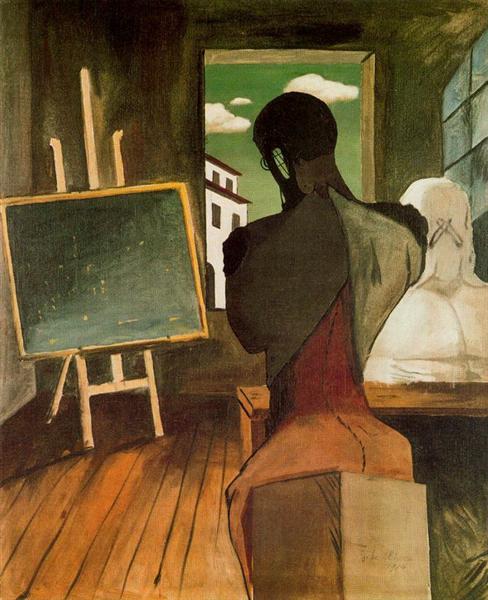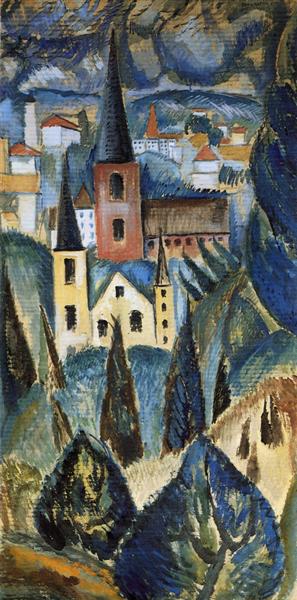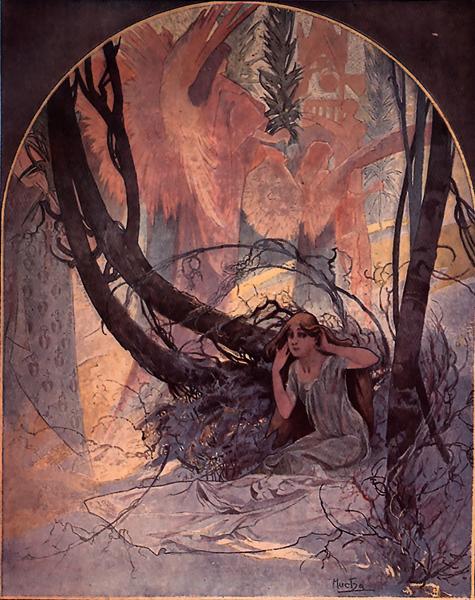
“Easter Chimes Awaken Nature” by Alphonse Mucha
Seraphim sing in no time zone. Cherubim see
as clearly on as back, invest acacia wood with arkhood
in their certainty; their winged ornamentation
gilds the tabernacle shade. Comprehending the
compacted plan centered in every seed, the grown
plant is no more real to them, and no surprise.
Dampened by neither doubt nor supposition,
the archangel sees with eyes sharper than ours.
For him, reality’s seemingly random choice is all clear
Cause and Effect: each star of snow tells of intelligence;
each cell carries its own code; at a glance each angel
knows from whence the crests of all the wrinkles on
the sea rebound. He has eternity to tell it all,
and to rejoice.
“Easter Angel” by Salvador Dali
But here and now in Judea, what is
this scandal of particularity? This conjunction of straw
and splendor? Of deity and agony? The echo of
sharp laughter from a crowd, as hammered nails pierce flesh,
pierces the Bright Ones with perplexity. They see
the Maker’s hands helpless against Made Wood.
The bond is sealed with God’s blood, the body buried.
In this is Love’s substance become darkness
to their light. The Third Day sweetens the mystery.
Astonished heralds now of Resurrection,
they have eternity to solve it, and to praise.
— from “Angel Vision” by Luci Shaw
Did you know that Hallmark commissioned Salvador Dali to make a series of greeting cards? I believe this must have been one of the few images saccharin enough for such a use, and yet…. Trusting the artist enough to look deeper I see that butterfly crucified and the angel meditating on the grueling and transformative power of the cross, on death and resurrection and God and humanity revealed in one body.
Happy Easter! Christ is risen!


